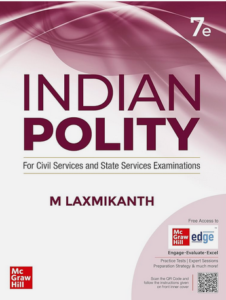Fundamentals Rights

⦿ The Fundamental Rights are enshrined in Part Ill of the Constitution from Articles 12 to 35.
⦿ Part III of the Constitution is rightly described as the Magna Carta of India.’
⦿ The Fundamental Rights are guaranteed by the Constitution to all persons without any discrimination.
⦿ Originally, the Constitution provided for seven Fundamental Rights :-
1. Right to equality (Articles 14-18)
2. Right to freedom (Articles 19-22)
3. Right against exploitation (Articles 23-24)
4. Right to freedom of religion (Articles 25-28)
5. Cultural and educational rights (Articles 29-30)
6. Right to property (Article 31)
7. Right to constitutional remedies (Article 32)
Right to equality (Articles 14-18)
(a) Equality before law and equal protection of laws (Article 14).
(b) Prohibition of discrimination on grounds of religion, race, caste, sex or place of birth (Article 15).
(c) Equality of opportunity in matters of public employment (Article 16).
(d) Abolition of untouchability and prohibition of its practice (Article 17).
(e) Abolition of titles except military and academic (Articlel8).
Right to freedom (Articles 19-22)
(a) Protection of six rights regarding freedom of:
(I) speech and expression
(ii) assembly
(iii) association
(iv) movement
(v) residence
(vi) profession (Article 19).
(b) Protection in respect of conviction for offences (Article 20).
(c) Protection of life and personal liberty (Article 21).
(d) Right to elementary education
(Article 21A).
(e) Protection against arrest and detention in certain cases (Article 22).
Right against exploitation
(a) Prohibition of traffic in human beings and forced labour (Article 23).
(b) Prohibition of employment of children in factories, etc. (Article 24).
Right to freedom of religion (Article 25-28)
(a) Freedom of conscience and free profession, practice and propagation of religion (Article 25).
(b) Freedom to manage religious affairs (Article 26).
(C) Freedom from payment of taxes for promotion of any religion (Article 27).
(d) Freedom from attending religious instruction or worship in certain educational Institutions (Article 28).
Cultural and educational rights (Articles 29-30)
(a) Protection of language, script and culture of minorities (Article 29).
(b) Right of minorities to establish and administer educational institutions (Article 30).
Right to constitutional Remedies (Article 32)
Right to move the Supreme Court for the enforcement of fundamental rights including the writs of
(i) habeas corpus
(ii) mandamus
(iii) prohibition
(iv) certiorari
(v) quo warrento (Article 32).



